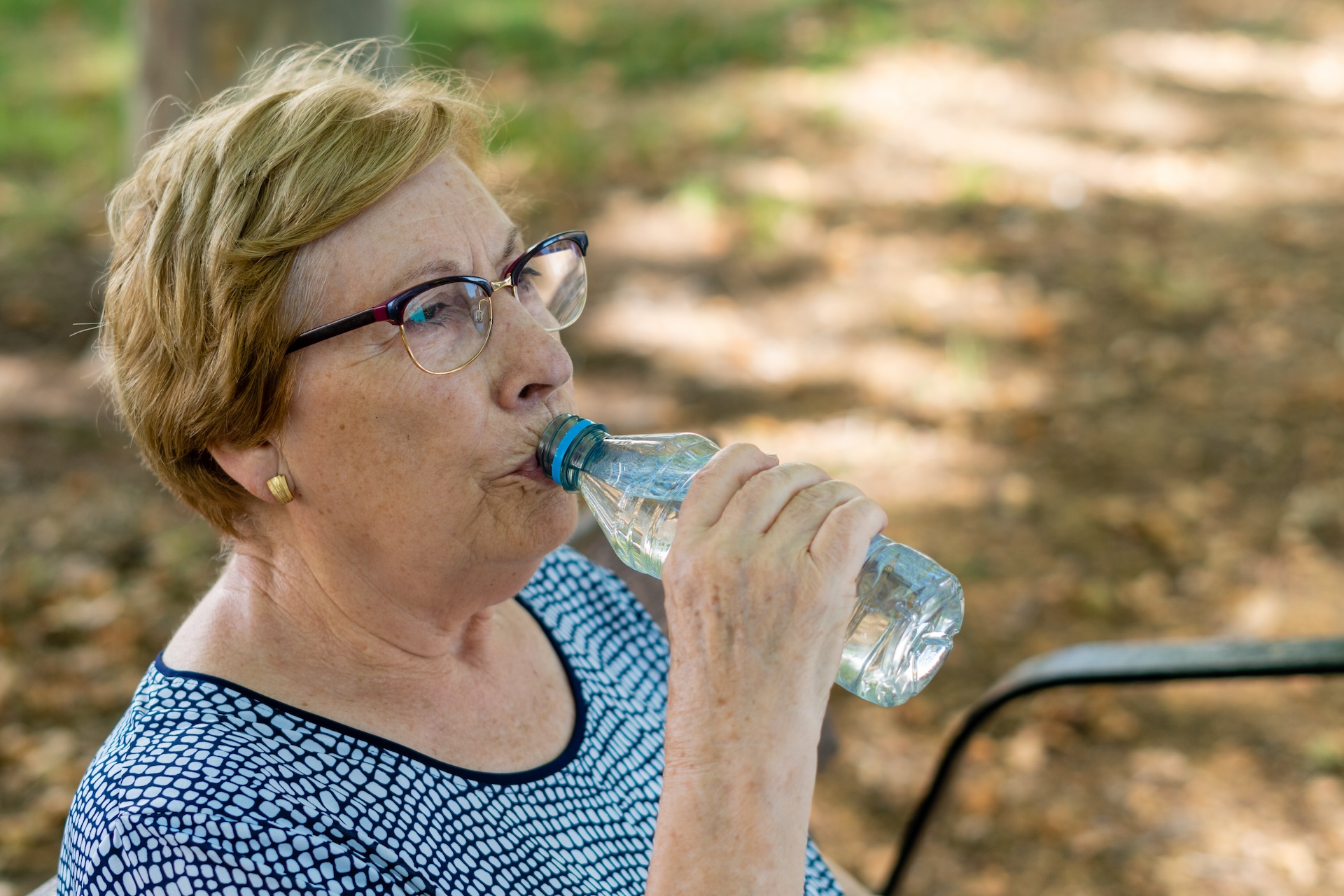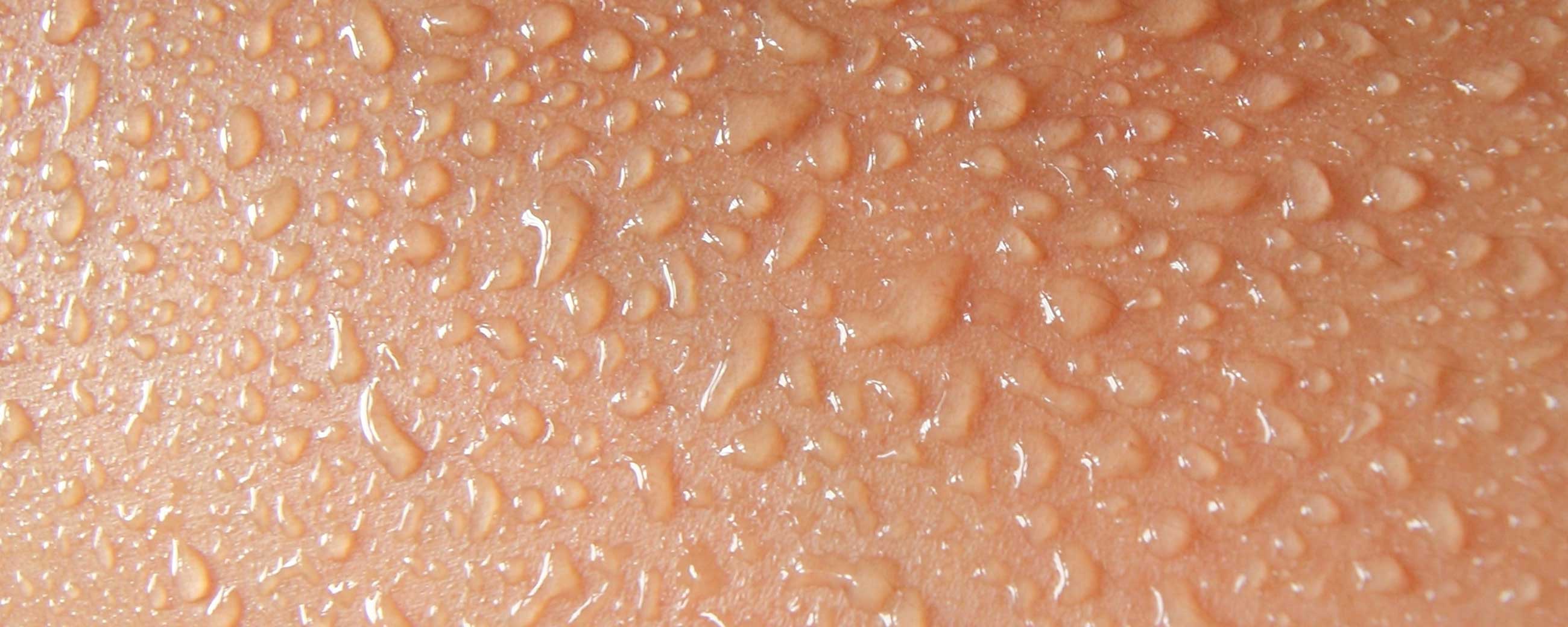
How Does Dehydration Affect Type 2 Diabetes?

Virta member Richard K. was all too familiar with feeling frequently thirsty. When he was diagnosed with type 2 diabetes, he recalls feeling “constantly dehydrated” with severe dry mouth. But after joining Virta, he reduced his HbA1c from 12.4% to 6.4%, shed 20 pounds and no longer needs diabetes medications. Richard says he now has “the energy level of a 20-year-old.” And most importantly: he’s not excessively thirsty anymore.
Richard’s story is an important reminder of an often-overlooked diabetes complication: dehydration. But how much does dehydration affect blood sugar? And can dehydration cause high blood sugar? The long and short of it is that dehydration can definitely cause your levels to spike. Here’s what you need to know.
What does dehydration do to blood sugar?
Dehydration can cause a blood sugar spike because when you’re dehydrated, you have less water in your bloodstream, leaving you with a higher concentration of blood sugar (glucose). This change in water volume in your blood can cause your blood glucose levels to read higher than normal. While it varies from person to person, dehydration can cause small or large blood sugar spikes.
Dehydration can occur when:
- You don’t drink enough water.
- You exercise intensely or for long periods of time.
- It’s very hot outside.
- You’re sick (fever, vomiting and diarrhea can lead to dehydration).
- You drink too much alcohol.
So, does drinking water lower blood sugar? Being dehydrated doesn’t mean there’s more sugar in your bloodstream, but it does mean there’s a greater concentration of blood glucose.
Here are some signs you may be dehydrated:
- Thirst
- Dry skin
- Dry mouth
- Urine that’s a dark color
- Infrequent urination
- Dizziness
- Fatigue
How much water should a person with diabetes drink daily?
Staying well-hydrated is important for anyone trying to live a metabolically healthy lifestyle. Good hydration helps your body flush toxins, maintain healthy blood pressure levels, improve digestion, and more. But how much water is enough?
According to the National Academy of Medicine, adult males should aim for 13 cups of water per day and adult females should drink about 9 cups of water daily. However, the exact amount of water you need can vary based on your weight, medical conditions, climate, age and activity level. For example, heart failure is one of the many reasons you may need to limit the amount of water you consume because of fluid retention.
The bottom line? When in doubt, ask your physician what’s right for you. But a good rule of thumb is that if your urine is dark or you aren’t urinating frequently, you should start thinking about your hydration levels.
Tips for staying hydrated
Even if you don’t feel thirsty, it’s important to consume enough water and electrolytes each day. To stay hydrated, try these tips:
- Keep a reusable water bottle with you at all times.
- Infuse your water with fresh mint or sliced cucumber, lemon or lime.
- Drink water before, during, and after exercise.
- Consume extra water if it’s hot outside, even if you don’t feel overheated.
- Drink extra water when you’re sick. Check with your healthcare provider if you’re having a hard time keeping anything down.
- Avoid alcohol and sugary beverages like soda, juice, sports drinks, hot chocolate, sweet tea or sweetened coffee drinks.
The Takeaway
Staying hydrated is essential for managing type 2 diabetes and having a healthy body. If you are diagnosed with type 2 diabetes and want to live a healthier lifestyle, Virta Health may be able to help. By making healthy lifestyle changes in a medical setting with supportive resources like 1:1 virtual coaching, you can regain control of your health and feel like yourself again. See if you’re eligible for Virta Health here.
This blog is intended for informational purposes only and is not meant to be a substitute for professional medical advice, diagnosis, or treatment. Always seek the advice of your physician or other qualified health provider with any questions you may have regarding a medical condition or any advice relating to your health. View full disclaimer
Are you living with type 2 diabetes, prediabetes, or unwanted weight?








